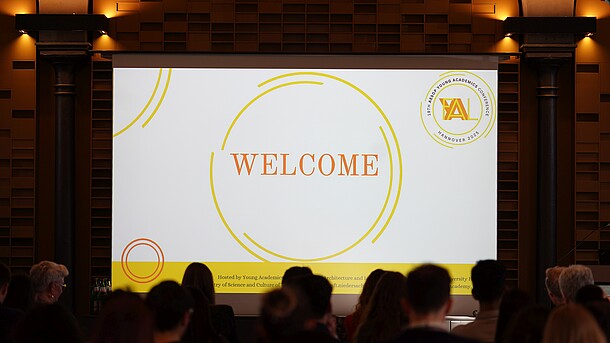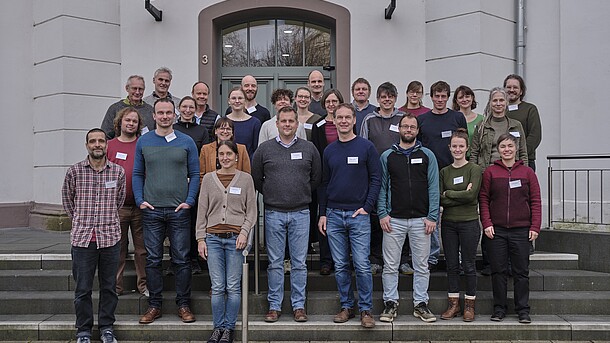Evaluation of restoration measures of degraded semi-arid rangelands under climate change

| Led by: | Prof. Dr. Rüdiger Prasse |
| Team: | Dipl. Phil. Nat. Sara Bangerter |
| Year: | 2011 |
| Funding: | Bundesministerium für Bildung und Forschung (BMBF) |
| Duration: | 2005 - 2011 |
| Is Finished: | yes |
Teilprojekt von GLOWA Jordan River Phase II
Climatic models for the future predict strong changes for average temperatures and precipitation which will affect human land-use. It is expected that the effects of the predicted changes will be most severe and earliest recognizable in semi-arid regions where the possibilities for human land-use are already limited and rangelands are the predominant agricultural practice. However, stocking rates are often well above carrying capacity and strongly degraded (e.g. eroded) ecosystems with a high percentage of unpalatable plant species have developed. The effects of climatic change may intensify these problems in the future.
To study the combined effect of grazing and changes in mean annual precipitation, a large grazing exclosure experiment has been established along a rainfall gradient (time-for-space substitution), reaching from 550 to 200 mm annual precipitation, in Jordan. The influence of grazing is tested by comparing between species composition, cover and biomass of grazed areas and grazing exclosures under the same rainfall conditions, while the influence of the mean annual precipitation is tested by comparing grazed areas and exclosures along the gradient.
After two years, first results show a clear effect of grazing cessation on the plant densities and overall biomass production. Both are significantly higher inside in ungrazed areas. This effect seems to be stronger with increasing aridity. Changes in biodiversity are more difficult to discern as annual variability in the precipitation may mask the effect of the grazing exclosures.
Teilprojekt von GLOWA Jordan River/Phase II





